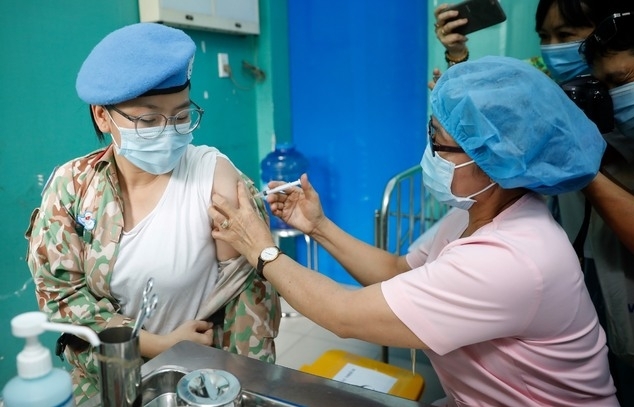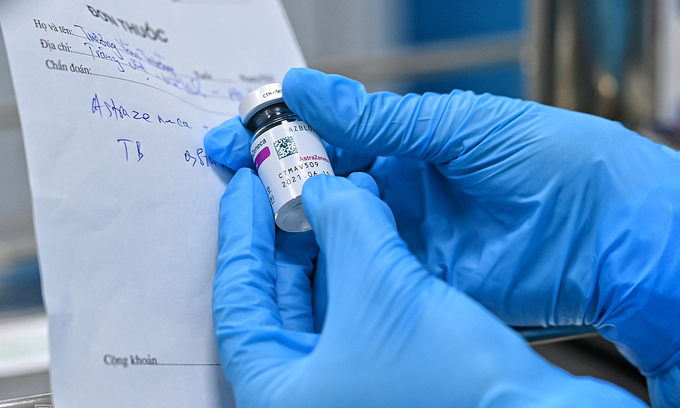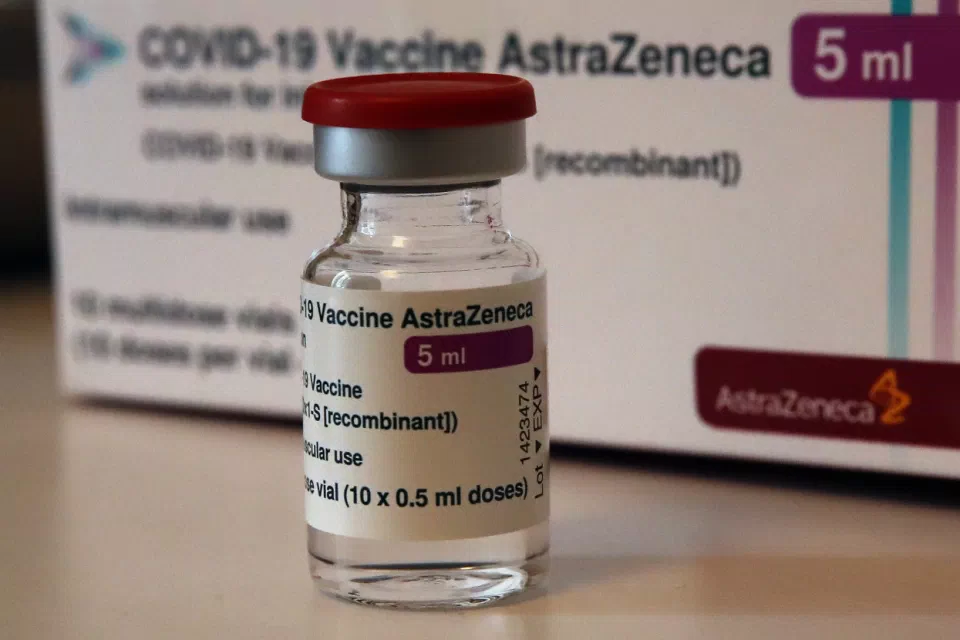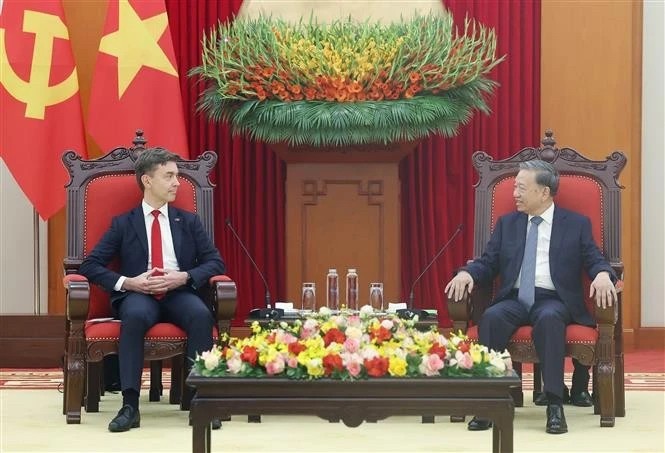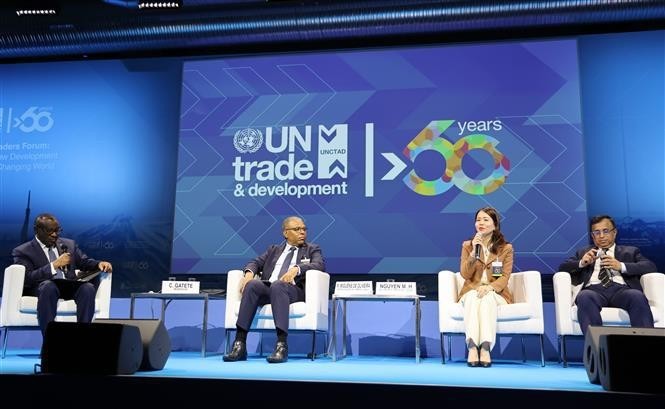UN official: reaching herd immunity will be a challenge for developing Asia
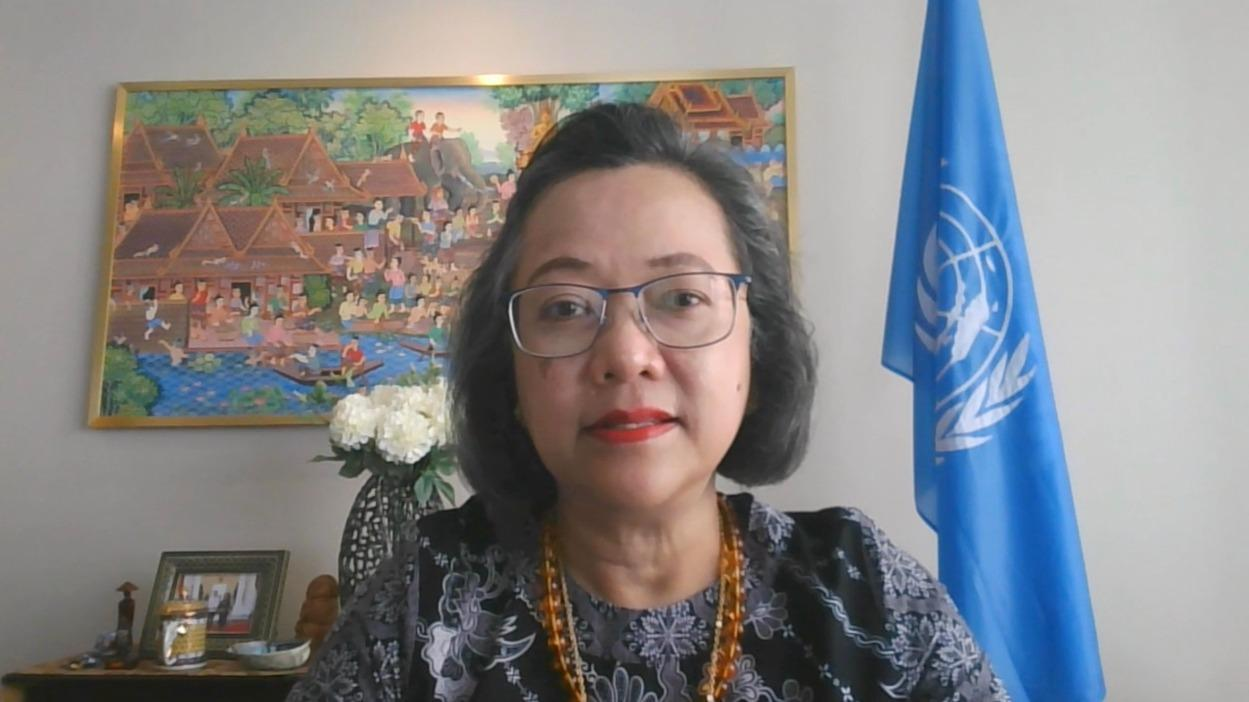 |
| Armida Salsiah Alisjahbana, executive secretary of the United Nations Economic and Social Commission for Asia and the Pacific. Photo: unescap.org |
Achieving herd immunity against Covid-19 could be difficult for developing countries in the Asia-Pacific region, a UN official said.
Herd immunity refers to the situation where a disease cannot spread easily within a population because most people have become immune to it, either as a result of vaccination or past infection.
Around 60 percent to 70 percent of the population needs to be inoculated to reach this state, said Armida Salsiah Alisjahbana, executive secretary of the United Nations Economic and Social Commission for Asia and the Pacific.
“I think that is quite a challenge,” she told CNBC’s “Street Signs Asia” on March 17.
“If we see the data so far, progress has been quite low with the exception of a few advanced countries,” she said during an interview as part of the Asian Development Bank’s virtual Southeast Asia Development Symposium.
Even though some countries have placed vaccine orders, and others may even have supplies on hand, “implementation on the ground is quite slow,” she added.
Other challenges in the rollout
There are also other challenges to successful vaccination programs.
Alisjahbana cited timely supply, limited financial resources and poor logistics infrastructure as obstacles that stand in the way of developing countries. Equitable access, which refers to fair distribution to all who need it, is another challenge.
Richer nations have snapped up vaccines and placed bulk orders, leaving poorer developing countries at the back of the queue. Many of those countries may not have the money to purchase enough doses.
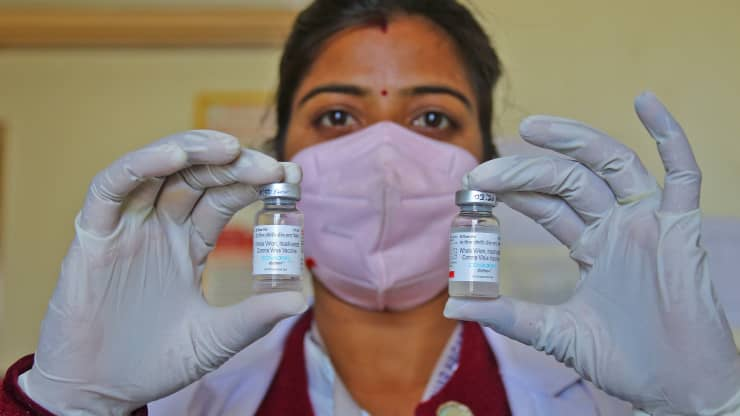 |
| A medic holds Covid-19 vaccine Covaxin vials during the countrywide inoculation drive, in Jaipur, Rajasthan, India, Saturday, Feb. 6, 2021. Vishal Bhatnagar | NurPhoto | Getty Images |
As of mid-January, more than 7 billion vaccine doses had been purchased globally and the lion’s share — 4.2 billion doses — have gone to high-income countries. While high-income countries represent only 16 percent of the world’s population, they currently hold 60 percent of the vaccines for COVID-19 that have been purchased so far, according to the Duke Global Health Institute.
Alisjahbana pointed out that there’s help in the form of Covax, a global alliance that seeks to provide vaccines to poorer countries — but supply is still limited for now.
“One of the major issues — especially now because it’s still early on (in) the vaccination program and its implementation — is the adequate supply,” she said.
But she noted that production is ramping up and more vaccines are being approved by the World Health Organization and national authorities.
“In the coming months, I hope the vaccination plan will be (sped) up, including in developing countries,” she said.
She added that she expects inoculations to pick up in the second half of the year and accelerate further in 2022.
If countries can be consistent and speed up vaccinations for high risk groups and essential workers, then economies and borders can start to open up, she said.
“Economic activities, including tourism and so on, (the) flow of goods, flow of people can start to resume,” Alisjahbana said.
More than 20,000 Vietnamese people vaccinated against Covid-19
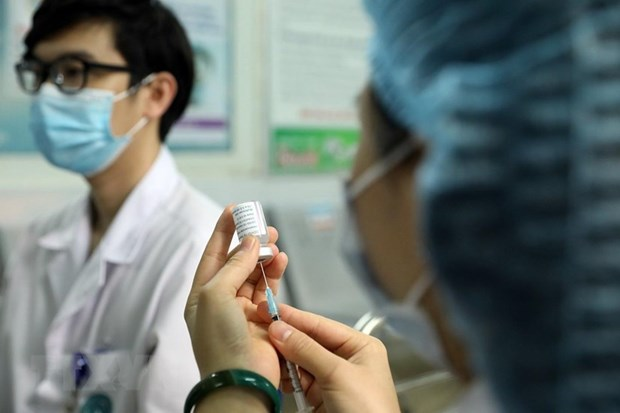 |
| A Vietnamese frontline worker gets the COVID-19 shot. Photo: VNA |
Health Minister Nguyen Thanh Long announced on March 17 that nearly 20,700 Vietnamese people have been vaccinated against the coronavirus, the VOV reported.
A few experienced anaphylaxis but are in stable condition now. The Ministry of Health is providing training courses for local health departments and following an inoculation plan to ensure maximal safety, he said.
According to VnExpress, more than four million doses of Covax-funded AstraZeneca vaccine and 1.48 million other doses Vietnam has ordered will arrive this month and next.
The national Expanded Program on Immunization (EPI) said Vietnam will receive 4.177 million doses of the AstraZeneca Covid-19 vaccine via the Covax program with support from the UNICEF.
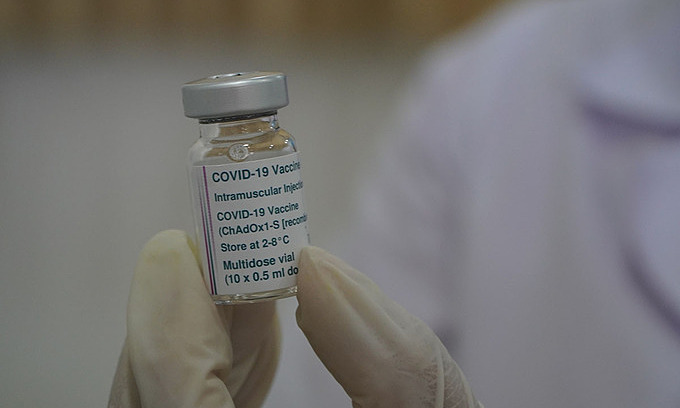 |
| A medic holds a vial of Covid-19 vaccine AstraZeneca that is used to be injected for medical staff in the Central Highlands province of Gia Lai, March 9, 2021. Photo: VnExpress |
The Covax, or the Global Covid-19 Vaccine Facility, is a global mechanism for the development, manufacture and procurement of Covid-19 vaccine candidates, facilitating and supporting member countries to access vaccines as they become available.
Under this, 1.373 million doses are slated to arrive on March 25 and the rest in April. The vaccine is produced by British-Swedish firm AstraZeneca in collaboration with Oxford University.
Covax has pledged to provide Vietnam with 4.9 million doses of the AstraZeneca vaccine in the first half and around 33 million doses in the second half of this year.
Also within April, 1.48 million doses of the AstraZeneca vaccine that Vietnam had ordered to buy via the Vietnam Vaccine JSC will also be delivered.
In all, Vietnam has ordered 30 million doses and 117,600 doses had arrived late last month. A large-scale vaccination program was launched March 8, with priority given to frontline medical workers, military, and police forces.
Besides the deal with AstraZeneca, Vietnam is also stepping up negotiations with the U.S.’s Pfizer and Moderna, along with other vaccine manufacturers in Russia and China./.
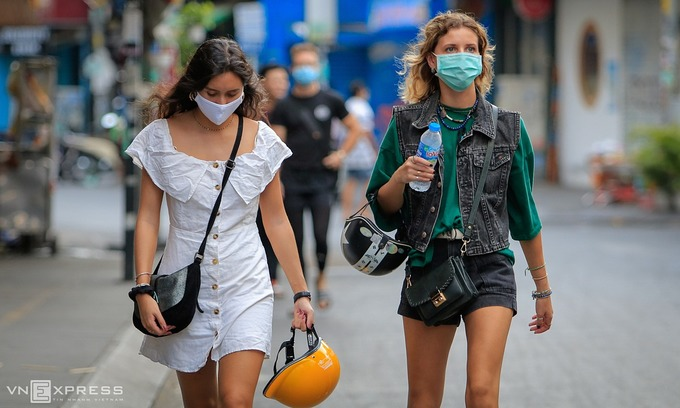 | PM orders consideration of 'Covid-19 vaccine passport' for economic, travel recovery Prime Minister Nguyen Xuan Phuc required relevant agencies to draw up plans for the "Covid-19 vaccine passport" implementation to soon help the tourism and aviation ... |
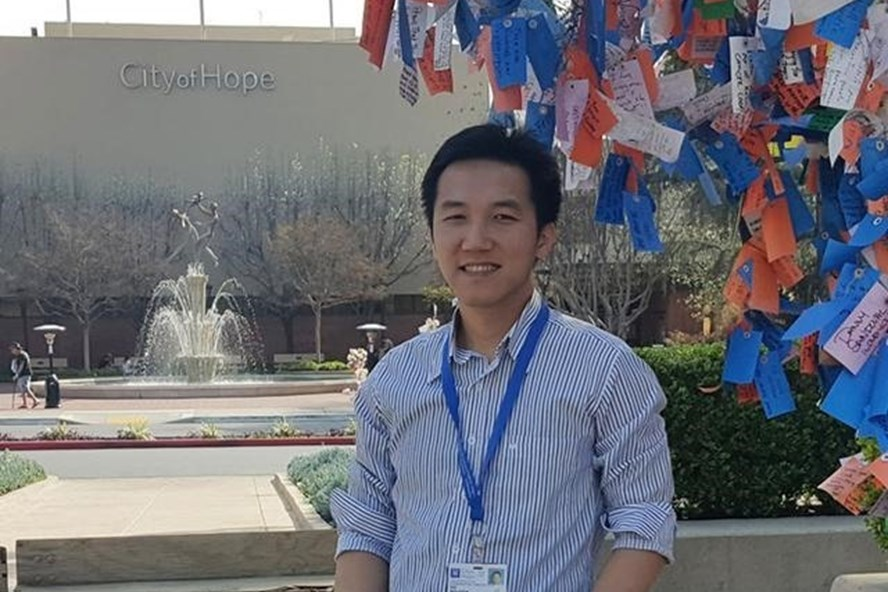 | Vietnamese doctor in the U.S shares experiences of receiving Pfizer-BioNTech vaccine Dr. Nguyen Hong Vu, working at Cancer Research Institute, City of Hope, California, the United States shared his experiences of being injected with Covid-19 Pfizer-BioNTech ... |
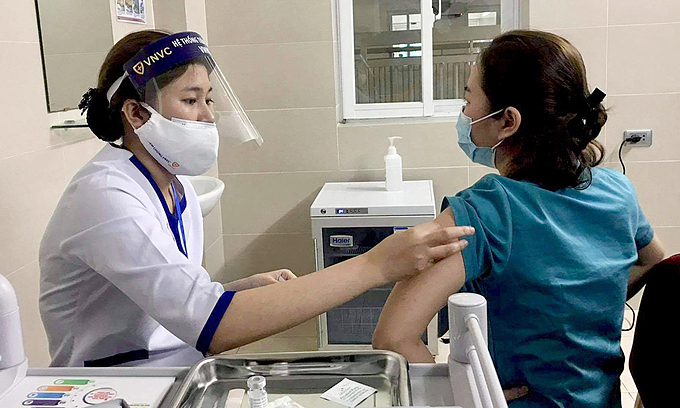 | Vietnam’s Health Minister underscores continued safe inoculation with AstraZeneca vaccine Vietnam has so far recorded no blood clot cases after conducting injections of the AstraZeneca COVID-19 vaccine, while health facilities are set to press ahead ... |
Recommended
 World
World
Pakistan NCRC report explores emerging child rights issues
 World
World
"India has right to defend herself against terror," says German Foreign Minister, endorses Op Sindoor
 World
World
‘We stand with India’: Japan, UAE back New Delhi over its global outreach against terror
 World
World
'Action Was Entirely Justifiable': Former US NSA John Bolton Backs India's Right After Pahalgam Attack
 World
World
US, China Conclude Trade Talks with Positive Outcome
 World
World
Nifty, Sensex jumped more than 2% in opening as India-Pakistan tensions ease
 World
World
Easing of US-China Tariffs: Markets React Positively, Experts Remain Cautious
 World
World

